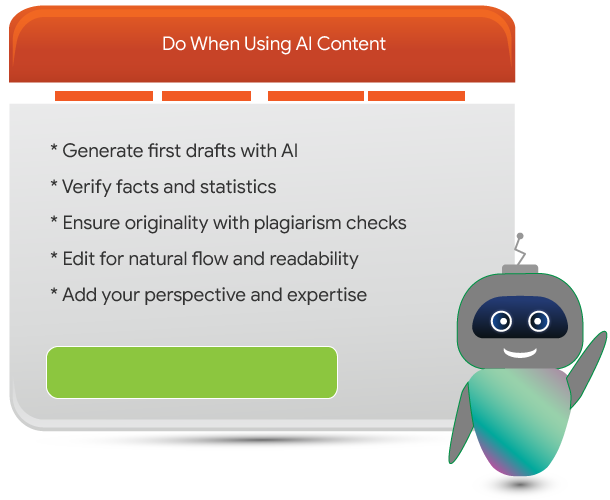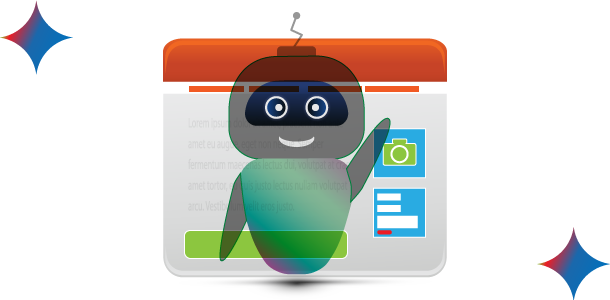Creating quality website content just got easier with artificial intelligence (AI). RankYa will guide you exactly how-to use AI to generate engaging, fully search engine optimized content for your website from blog posts to eCommerce product descriptions. You can download RankYa’s own AI Prompt Template here (.zip format).
Video Tutorial for Creating Search Engine Optimized Content Using AI
Best AI Tools for Website Content Creation
These AI platforms specialize in generating different types of web content
- ChatGPT
- Google Gemini
- DeepSeek
- Claude for technical content and FAQs
Choosing the Right AI Tool
Match the tool to your specific content needs knowing deepseek in owned not by Google.
Creating Blog Content With AI
Follow this process for AI-assisted blog writing
- Research keywords and topics first
- Provide detailed prompts to the AI
- Edit and fact-check all generated content
- Add personal insights and examples (this is a must)
Optimizing AI Blog Posts
- Include target keywords naturally
- Break up text with subheadings
- Try not use numbering in Headings. Do not use emoji. Try not to use symbols such as :
- Add images and multimedia elements
- Link out to complimentary resources
Generating Product Pages and Descriptions
AI can create compelling ecommerce content
- Product feature bullet points
- Benefit-focused descriptions
- Category page content
- Meta descriptions and titles
Ecommerce Content Tips
- Focus on customer pain points
- Include relevant keywords
- Maintain consistent brand voice
Maintaining Content Quality
Essential checks for AI-generated content, without these checks I wouldn’t recommend using AI tools to generate content and then simply copy/paste on your website.

Should You Use AI Generated Content on Your Website?
Google does value websites that create original information, reporting, research, or analysis. Having said that, Google guidelines does not penalize websites that use AI generated content. This is because, using AI Tools often can enhance user-experience.


